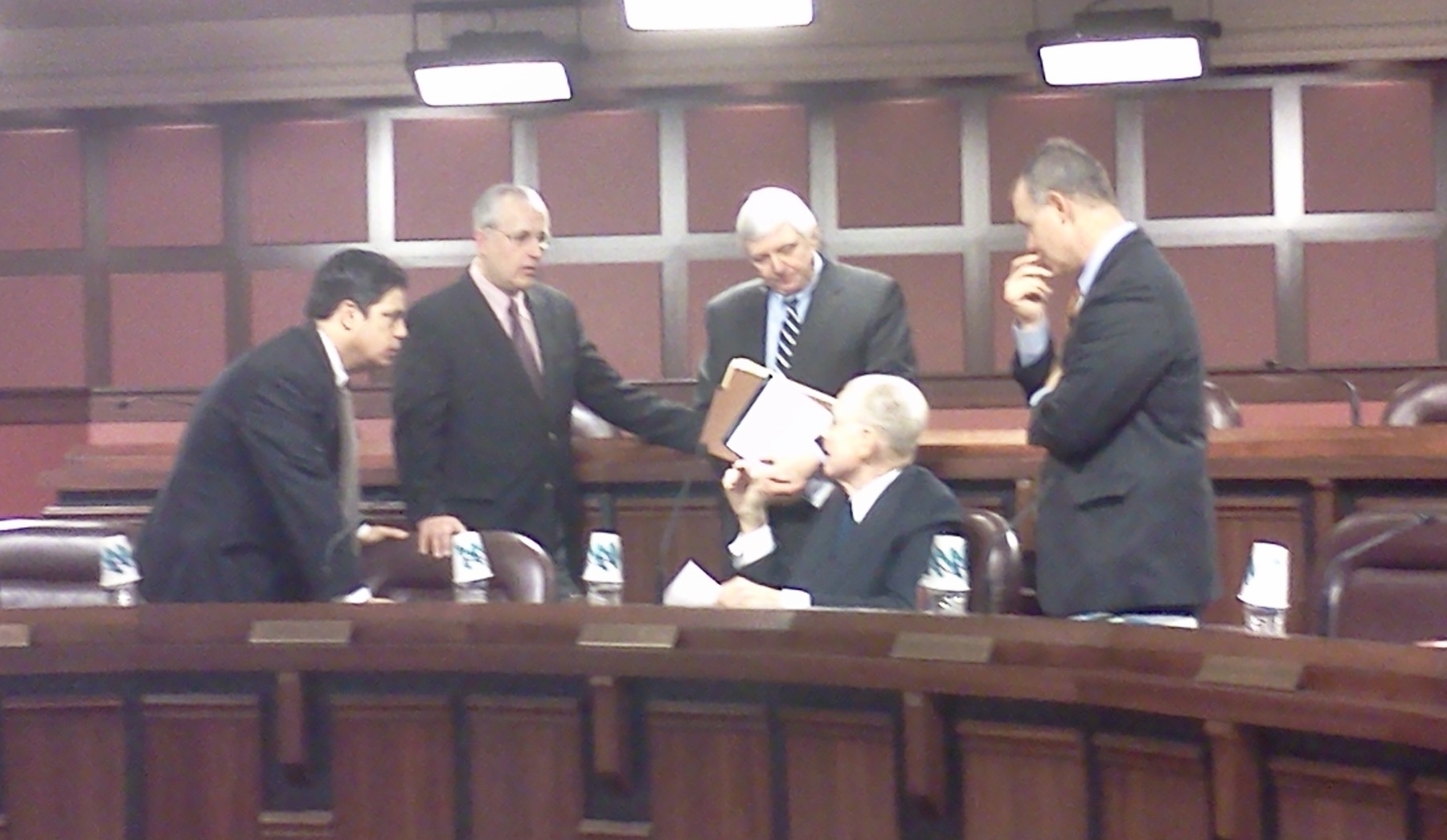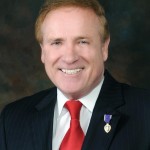One-on-One with Patrick Murphy, Democrat for Attorney General
Patrick Murphy grew up in a law enforcement family in Philadelphia, and joined the Army at the age of 19. “Most of the time I was a military prosecutor, prosecuting serious criminals in New York and North Carolina,” Murphy says of his military career. He twice deployed overseas, following the 9/11 terrorist attacks.
A 2006 grassroots campaign landed Murphy in Congress, where he led the fight to repeal the military’s “Don’t Ask, Don’t Tell” policy. In 2010 Murphy lost his Bucks County seat to Mike Fitzpatrick – the same man he defeated two terms earlier.
Murphy has been practicing and teaching law for the past few years, and tells us he’s ready to stand up for what is right as Attorney General. “You’ve got to fight crime wherever it happens,” Murphy tells us, “whether that crime happens on the street, in the corporate boardroom or in the halls of Harrisburg.”
This too is a grassroots campaign for Murphy, who’s been traveling the state in the weeks leading up to the April 24th primary election. “I’ve put 47,000 miles on my car, I literally have holes in my shoes right now,” he says.
If the Democratic candidate is elected in November – whether it’s Murphy or Kathleen Kane – it would be history making, as no Democratic has ever been “elected” Attorney General in Pennsylvania. It became an elected office in 1980.
Murphy says he would aggressively crackdown on environmental crimes, consumer protection issues and sex predators. “I’m going to do what’s right every single time.”
You can hear portions of our interview with Patrick Murphy on Radio Pennsylvania Roundtable. Radio PA has also reached out to Democrat Kathleen Kane’s campaign.











